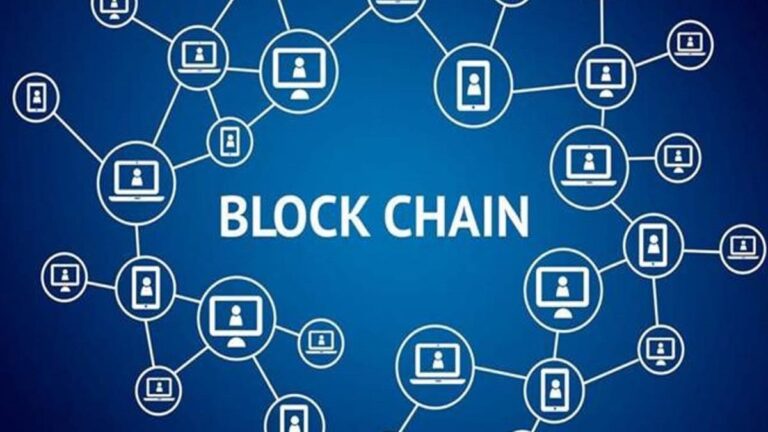
What started as a blip, is now gradually gaining prominence. Blockchain has finally found its place in the strategy adopted by businesses across sectors. Today, many banks and business conglomerates are expected to experiment with it. In a conversation with FE Digital Currency, Tushar Gandotra, founder and CEO, FiEx, a cryptocurrency based startup, talks about how blockchain can help develop businesses and has the potential to shape Indian financial sector. (Edited Excerpts)
How do you think blockchain can be deployed in India?
I believe that Indian government is supportive of blockchain, and doesn’t prohibit its development. Companies and government departments should try to implement blockchain technology for the long-run. When it comes to cryptocurrency oriented blockchain the industry can look to use Telecom Regulatory Authority of India (TRAI) backed Distributed Ledger Technology (DLT) solution, which refers to the digital system for recording transaction of assets The financial aspect of blockchain which includes bitcoin, ethereum, among others, should be regulated.
Should the government treat cryptocurrency as an asset class or currency?
The challenge that governments face when classifying cryptocurrencies is due to the existence of fiat currency, which is used by the overall population. I feel it is still unclear as to how cryptocurrencies would work in the traditional system because of lack of knowledge. With fiat currencies, governments can track it, whereas digital currencies are backed by a decentralised system. For the time being, it should be treated as a virtual asset.
How do you think blockchain can shape India’s economy for the future?
With challenges still existing in the Indian technological sector, I believe those can be solved through the use of blockchain. It has the potential to add to a country’s gross domestic product (GDP) by the set up of businesses and generation of revenue. Every industry can avail use cases to implement blockchain.
What role can blockchain play to help decentralised applications (dApps) and financial technology (fintech) developers?
I feel that blockchain can build the Indian financial sector. Reportedly, incentivisation through decentralisation has helped monetise aspiring developers. The decentralised system has removed the dependence on a centralised authority through facilities such as decentralised autonomous organisations (DAOs).
How do you think Indian institutional adoption of blockchain will pan out in the next couple of years?
Institutional adoption of blockchain can come with advantages but for cryptocurrencies, it might be a challenge, which is where governments should play a part. The development of enterprise blockchain, which refers to a permissioned blockchain network that can be used to integrate and utilise for enterprise usages, has the potential to generate revenue at a large scale. Technology based companies should start to use blockchain networks for building enterprise oriented solutions.